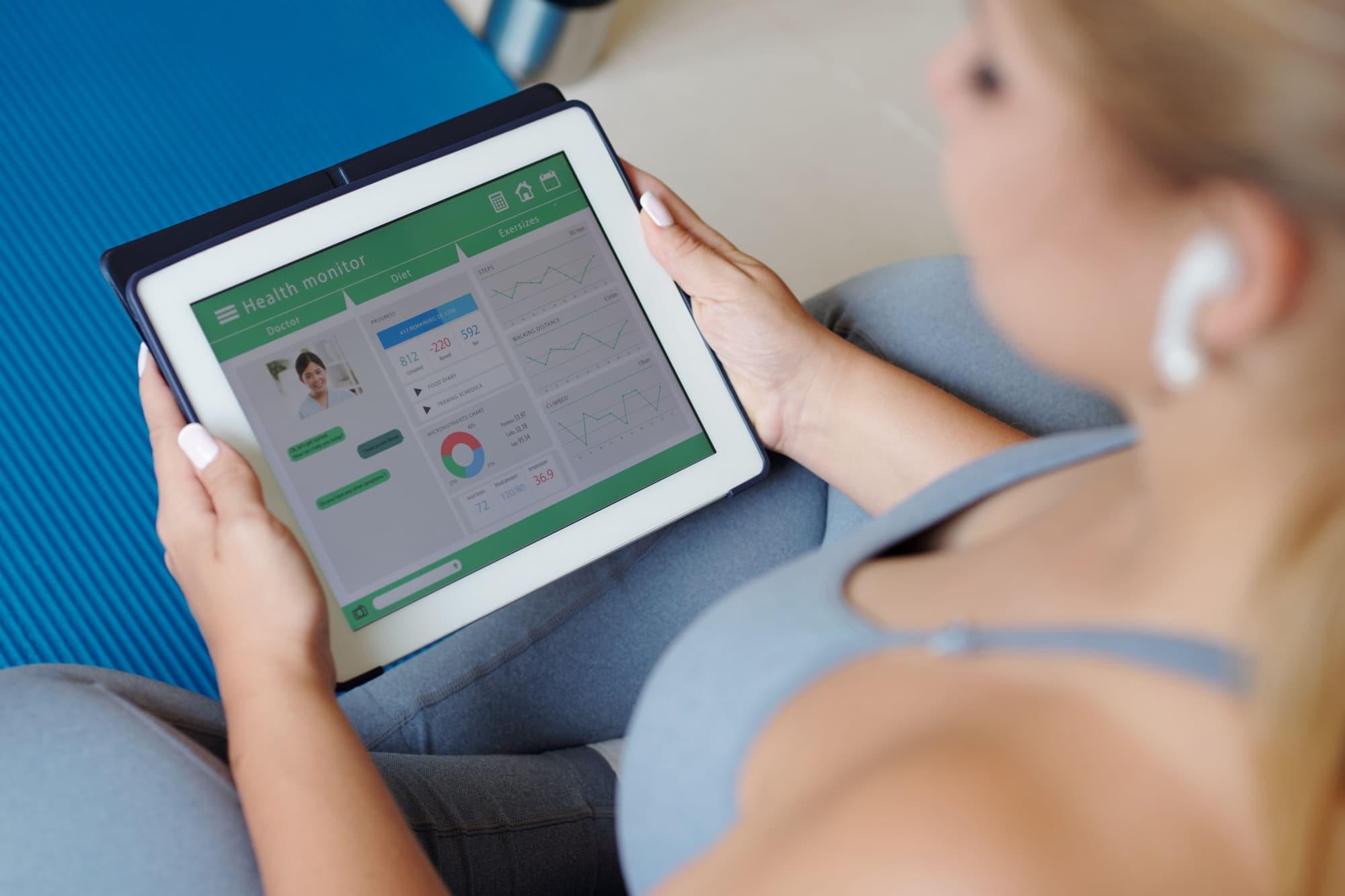Polycystic Ovary Syndrome Test
Polycystic Ovarian Syndrome (PCOS) tests may include hormone testing (testosterone, LH, FSH, estradiol), ultrasound imaging, and a glucose tolerance test. These help diagnose and manage PCOS, a hormonal disorder affecting women of reproductive age.
Polycystic Ovaries Syndrome (PCOS) Tests may include hormone testing (such as testosterone, LH, FSH, and estradiol), ultrasound imaging of the ovaries, and glucose tolerance test. These tests help diagnose and manage PCOS, a hormonal disorder affecting women of reproductive age.
Who would benefit from these tests?
Women with symptoms of PCOS, such as irregular periods, excess hair growth, acne, or weight gain.
Individuals with fertility concerns or difficulty conceiving.
Patients with risk factors for PCOS, such as family history or obesity.
Women wanting to assess their hormonal health and manage PCOS.
Women seeking guidance on lifestyle modifications and treatment options for PCOS
Why undertake these tests?
To diagnose PCOS and determine the severity of the condition.
To assess hormone levels and balance in women with PCOS.
To guide treatment and management strategies for PCOS.
To evaluate fertility concerns and reproductive health in women with PCOS.
To promote overall well-being and improve the quality of life for women with PCOS.
Test Type: Profile
Results Estimated: 2 Working days.
A little more detail:
Polycystic Ovary Syndrome (PCOS) is a common hormonal disorder affecting women of reproductive age. To diagnose PCOS, healthcare providers often use a combination of clinical assessments, laboratory tests, and imaging studies, rather than a single test.
Key components involved in diagnosing PCOS include:
- Hormone Level Testing: Blood tests measure levels of hormones such as testosterone, luteinizing hormone (LH), and follicle-stimulating hormone (FSH). Elevated testosterone levels may indicate hyperandrogenism, a common feature of PCOS.
- Glucose Tolerance Test: This test assesses insulin resistance, which is often present in women with PCOS and can lead to type 2 diabetes.
- Lipid Profile: Cholesterol and triglyceride levels are measured to evaluate cardiovascular risk, as women with PCOS may have dyslipidemia.
- Pelvic Ultrasound: This imaging test looks for the presence of multiple cysts on the ovaries. While not all women with PCOS have cysts, the presence of 12 or more small follicles in one or both ovaries is indicative.
- Clinical Criteria: Diagnosis may also consider symptoms such as irregular menstrual cycles, weight gain, acne, or excess hair growth (hirsutism).
A comprehensive approach helps healthcare providers accurately diagnose PCOS and tailor treatment plans, which may include lifestyle modifications, medications, or fertility treatments to manage symptoms and reduce long-term health risks.
-
In house venous draw included. The in house sample collecon ensures that the sample is less likely to come back inconclusive.
-
Results delivered directly to you via email and available via the laboratory portal.
-
Our in house doctors are available to review the results with you via an online session at a supplementary cost.
How it works
Purchase Test
Find the test that you are looking for, add to your basket, check-out and pay.
Select Appointment
On paying for your test you will be prompted to select a date and time for your blood sample collection.
Turn Up
Arrive on the day of your test to have your blood sample collected.
Get results online
When your results are ready you will receive them via email or can access via the laboratory portal.
Get your personalise report online
Once you have had your sample collected by our in-house phlebotomist, the sample will be delivered to our laboratory partner who will then process the sample. Once the sample has been processed you will receive an email with an attachment of the report informing you your results are ready to also be viewed online via our dedicated portal. Should you wish to discuss the results with one of our doctors, you will be able to add a remote call to your booking at a supplementary cost. The sessions last up to 30 minutes and are an opportunity for you to ask any questions that you may have.
